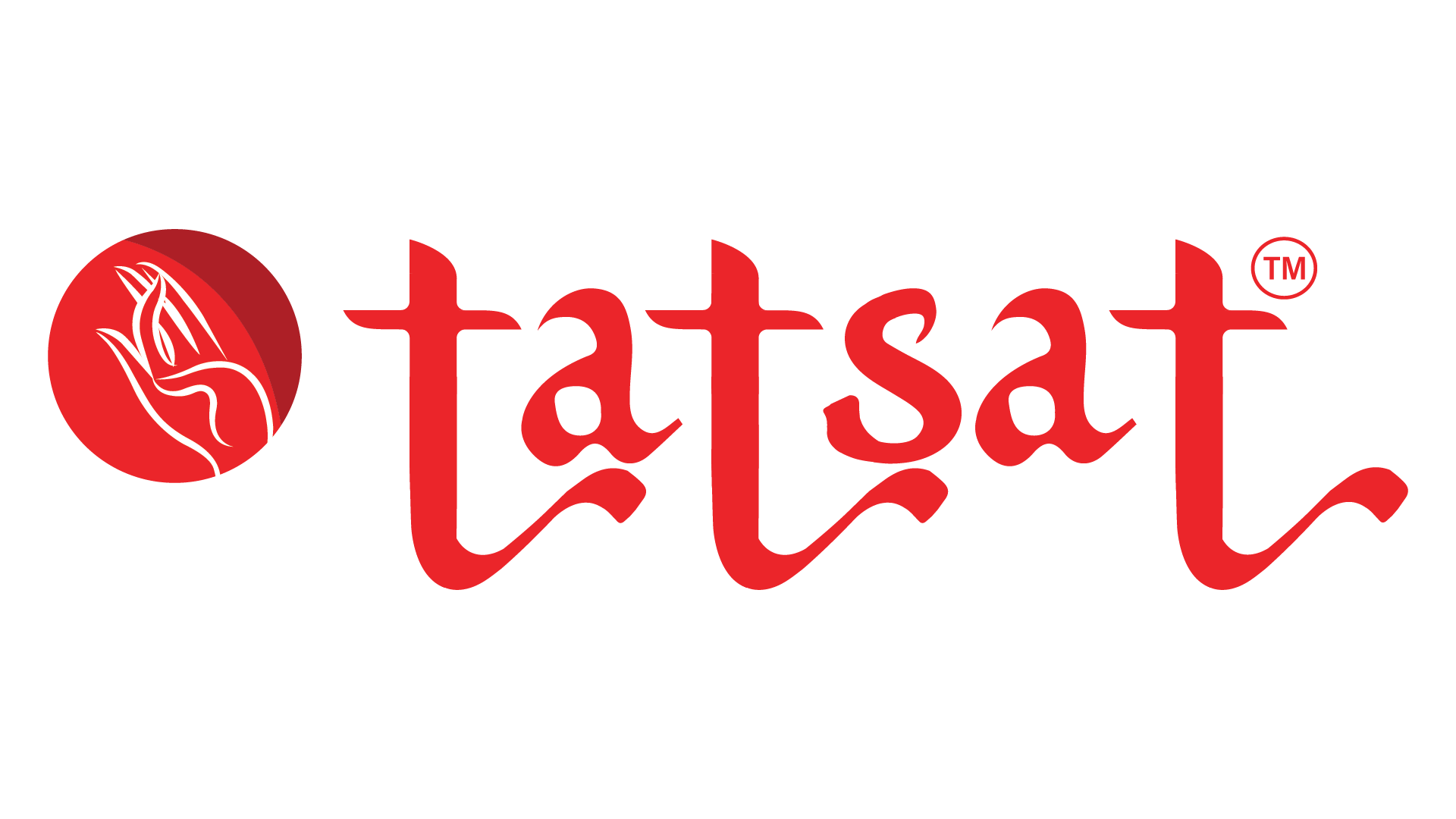PARTICIPATION CAN HELP IN COMBATING AGRARIAN DISTRESS
AS political parties gear up for the general elections in 2019, what’s going to be crucial is the agriculture sector. To begin with, the promise of acche din literally caught the famers’ imagination, and it is believed that nearly half of the landowning farmers voted for the BJP in 2104. However, demonetization and digitalization impacted farmers, especially the small farmers’ lot badly, as they struggled to access even their own money. With rising debt burdens, farmers’ suicide was on the upswing, the promised light at the end of the tunnel not to be seen.
The cause of the spiraling farmers’ suicide could me more than financial distress. To look at other issues, it is learnt, that the Punjab Agricultural University (PAU) has teamed up with its counterparts in Telangana and Maharashtra, and the psychology department of the Punjabi University at Patiala, under which experts would be creating a stress index and psychological resource index (PRI) of farmers.
Pro-active approaches could help alleviate farmers’ woes. Rodger Voorhies of Bill and Melinda Gates Foundation, in an interview with the Mint newspaper, observed that India has a long way to go in formulating policies for the uplift of small and marginal as well as landless farmers. He said it will be crucial to ensure that smallholding farmers become “engines of economic growth and not just beneficiaries”. “I feel like we’re in the beginning stages of that and I’m hoping that continues,” he said, giving the example of China, Vietnam, Cambodia where the smallholder farmers are going through buoyant stages of market development.
Participation is inherent in the concept of sustainability. Let’s take the case of AMUL, India’s largest cooperative, founded in 1946 in Anand, Gujarat, with the goal to stop the exploitation of the farmers by middlemen.
Angered by unfair exploitation and local traders, the farmers approached Sardar Vallabhai Patel, who advised them to be self-sustaining entrepreneurs. The farmers formed their own cooperative societies. What started with only a few farmers producing 247 litres of milk grew into a full-fledged organization, and ushered in the White Revolution in India. In 2016-17, Amul’s overall turnover touched the Rs 38,000-crore mark ($6 billion).
Amul’s success story resonates with Voorhies’ “engines of growth” proposal, and should be replicated to end farmers’ distress elsewhere too.



